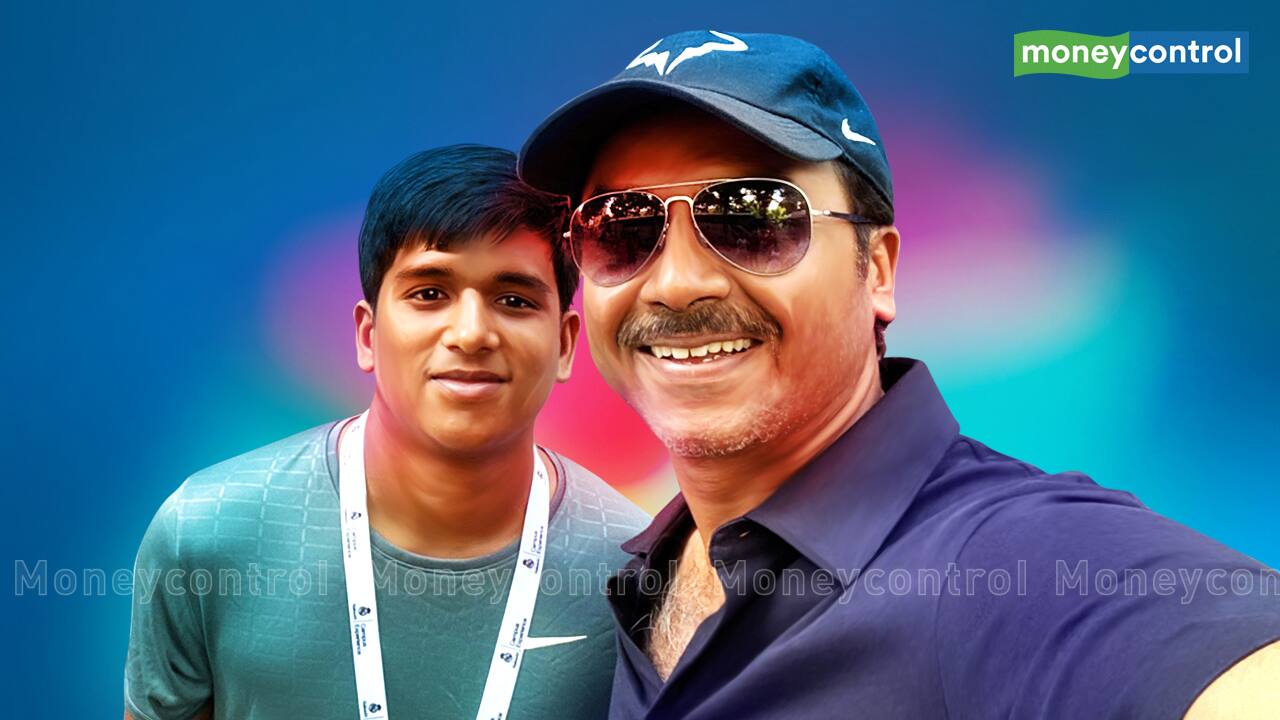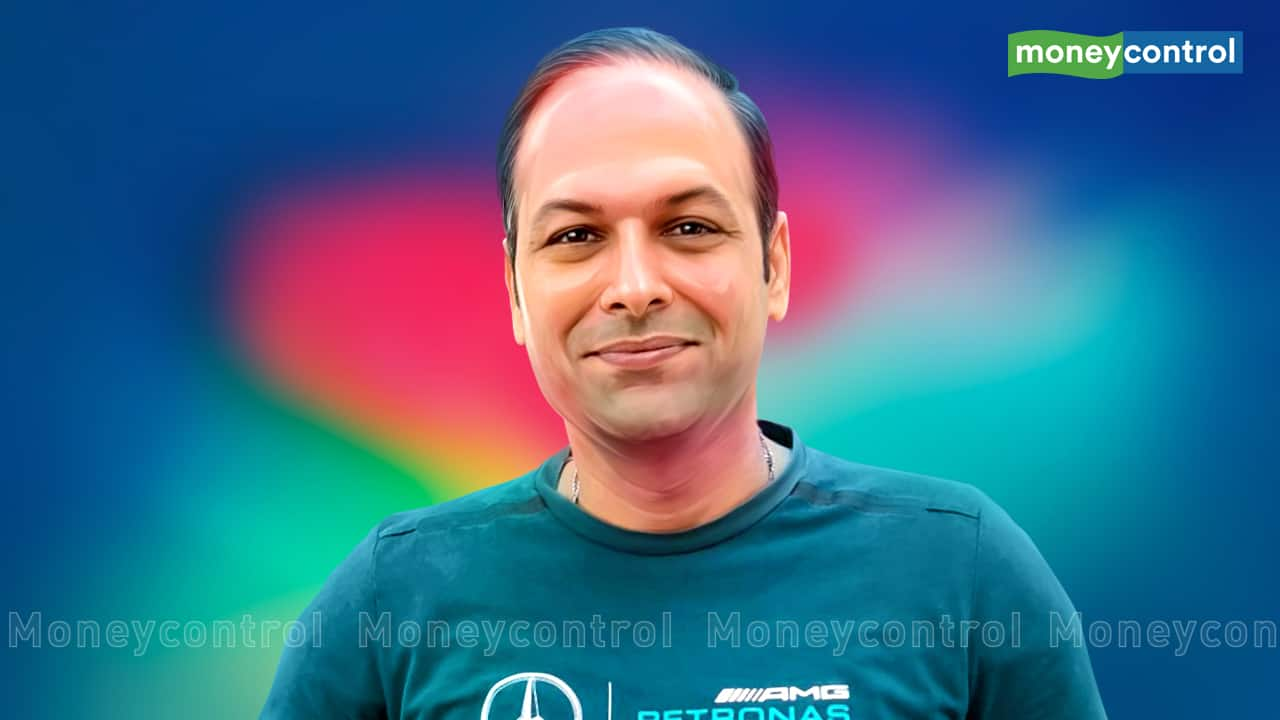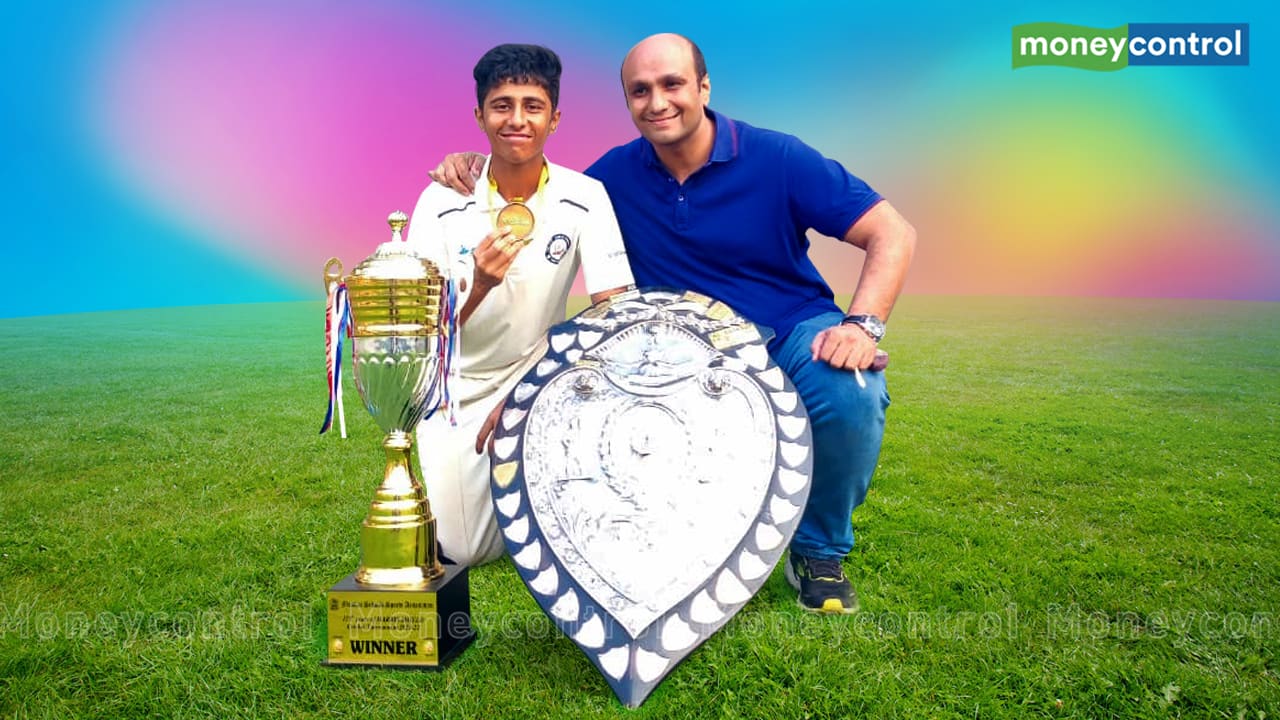An average day in the life of 16-year-old Mumbai-based Arjun Bagaitkar, an aspiring cricketer, starts at 6 am. Coaching practice near Fort, Mumbai, an hour-long train ride away, and then back home to Thane, a distant Mumbai suburb, by 11:30 am. A quick bite and another half-hour train ride later, he is in college. Late evenings go to online tutorials.
His father, Nikhil, says that come October, when the cricket season starts, Arjun’s classroom attendance will dwindle and he will spend more time at the nets. Fortunately, his college allows children to pursue sports and is not too regimental about classroom attendance. That is part of Nikhil and his wife Meenakshi’s plans to foster Arjun’s dreams of becoming a professional cricket player. And that’s just the beginning for the Bagaitkars.
Gone are the days when children only aspired to become a doctor, engineer or chartered accountant. The world is an oyster for many kids these days. They want to become the next Virat Kohli, PV Sindhu, or even the next Indian Idol. Children don’t just want to be confined to textbooks and the physical classroom. And parents are giving their blessings to the children’s ambitions.
There are some key questions to consider: Do parents have the finances to support what could be a risky career option? If a child wants to become a cricketer, will he be the next Sachin Tendulkar? Or will she be the next Sania Mirza and play at Wimbledon? If not, will they at least become financially independent?
Show me the money
An off-the-beaten-track career comes with its own unique challenges. Shorter and perhaps more uncertain career progression, low initial income, high salaries at the career peak, possible early retirement, and the risk of injury/loss with an abrupt end to income are the common scenarios that make tailored planning crucial for any professional sportsperson.
“It’s tricky to plan for something unconventional. We are calling it unconventional and then we are talking about planning for it – that’s difficult,” said Ajit Menon, chief executive officer of PGIM India Mutual Fund.
 Aymaan Menon, 15, son of PGIM India Mutual Fund’s CEO Ajit Menon wants to be a professional football player. He just secured admission in a school in Madrid, Spain.
Aymaan Menon, 15, son of PGIM India Mutual Fund’s CEO Ajit Menon wants to be a professional football player. He just secured admission in a school in Madrid, Spain.
Menon has just secured admission for his 15-year-old son Aymaan in a school in Madrid. Aymaan wants to play football professionally. In July, he attended an eight-day Real Madrid football camp while the rest of the family holidayed nearby. Like Arjun, Aymaan needs to spend more time on the field training and playing matches than in classrooms.
Where does one start? One of the better ways is to estimate how much money is needed to support your children and till what age.
Nikhil said he has budgeted about Rs 5.5 lakh a year to fund Arjun’s ambition. This includes three or four bats a year, good quality gloves, pads and other equipment, coaching academy fees, and travel within India to play matches. For his higher education, Nikhil and Meenakshi are budgeting for an MBA.
“Considering the current fees for a two-year programme comes to Rs 25-30 lakh, we need to be ready for this goal in about another five years,” said Nikhil. The Bagaitkars have chosen regular contributions to the Public Provident Fund for this.
If Arjun’s cricketing career doesn’t go as planned and he decides to pursue a degree overseas, systematic investment plans in mutual funds “are the way to go for us,” Nikhil said.
Conventional planning suggests that a foreign degree course that is an estimated 7-8 years away would require a sizable amount of SIP.
Kalpesh Ashar, a certified financial planner and Securities and Exchange Board of India-registered investment advisor, said child investment-cum-insurance plans do not make sense.
“These plans don’t give adequate insurance cover and give below-average returns. If you have time on your hands, invest in equities,” he said.
Ashar said the Sukanya Samridhhi Scheme, a savings instrument for girls, is good for such goals.
Srikanth Bhagavat, managing director, Hexagon Capital Advisors, suggests building a safety net, as well. “First, build a monetary safety net. If you have the luxury to build a corpus which can generate income for the child in the non-earning years, go for it. Whenever you have the luxury of time to save, the equity risk is fine to take. When it comes to equities, get help from a financial planner. The corpus can be built over a few years. Generally, the parent has early indications of career intent in the field of sports,” he says.
Ready to pivot?
Differentiated careers are uncertain. Aside from not being selected at the national level or for other teams, there is the risk of injury.
 Farhad Daruwala, 40, is a cricket coach. Born in Surat, he was an aspiring cricketer as well, who was selected to represent Gujarat in Ranji trophy. But life had other plans for him.
Farhad Daruwala, 40, is a cricket coach. Born in Surat, he was an aspiring cricketer as well, who was selected to represent Gujarat in Ranji trophy. But life had other plans for him.
Ask Arjun’s coach, Surat-born Farhad Daruwala, 40, who was an aspiring cricketer himself.
He started playing at 13 and after his class 12 exams, shifted to Mumbai in 2002 to train to become a professional. Five years, many local tournaments and local fame later, he was due to represent Gujarat in the Ranji Trophy tournament.
However, fate had other things in store for him. A week before his Ranji Trophy match in 2007, he fell from a bus in Mumbai when it suddenly braked. He injured his shoulder badly and passed out. His cricket-playing days were over in an instant.
“It was difficult and heart-breaking. Within 10 seconds, I went from playing a match in Ranji Trophy to seeing my career end abruptly,” he said.
Daruwala decided to stick to cricket, but pivoted his career slightly to become a coach.
Later this year, Daruwala’s charity foundation, Iranshah Foundation (a Section 8 company) which he recently founded, that will solicit CSR (Corporate Social Responsibility) funds from corporates, will launch his own cricket academy, Rising Stars Academy. He aims to recruit under-privileged kids from across India and train them to become professional cricketers, fit to play Ranji Trophy, other domestic tournaments, IPL and the national team.
When opting for a career in sport, it's best for parents and the children to set a deadline to become financially independent.
Former No. 1 men’s tennis player Roger Federer’s father had fixed the age 20 for Roger to crack into the top 100 singles rankings, failing which he would stop supporting the tennis prodigy financially, according to the book The Master: The Brilliant Career of Roger Federer by Christopher Clarey, a New York Times journalist.
For Arjun, that age is about 24, said his father, Nikhil.
 Arjun Bagaitkar, 16, is a Mumbai-based aspiring cricketer. His father, Nikhil Bagaitkar has budgeted around Rs 5.5 lakh every year, for his son to take up cricket professionally.
Arjun Bagaitkar, 16, is a Mumbai-based aspiring cricketer. His father, Nikhil Bagaitkar has budgeted around Rs 5.5 lakh every year, for his son to take up cricket professionally.
Daruwala said even if one fails to become a professional cricketer by the age of 24, you could become a scorer or an umpire or an assistant coach, to begin with.
Or, as far as cricket goes, join a corporate job if you can represent your company at Times Shield trophy, a popular year-round inter-corporate cricketing tournament. Clubs, gymkhanas and training academies need good bowlers to bowl against their rising batsmen for practice. “Volunteer bowlers make at least Rs 500 to Rs 2,500 a day for just a 5-hour bowling job. “There is a severe shortage of bowlers everywhere. Everybody wants to become a batsman. But they need to bowlers to practice with. That is a part-time job opportunity,” explains Daruwala.
Plan B
Menon says: “My son knows (from talking to these senior coaches) that the chances of making it as an elite player are tough, but he wants to give it his best shot. If not, then he would follow sports sciences, sports psychology, sport kinesiology, sports journalism, sports event management and so on – all options that are open to sport enthusiasts, though he isn’t thinking of a Plan B just yet.”
However, “being passionate about sports because you played sports does not mean you will enjoy working in sports – they are two very different things,” said Aayush Dabas, who manages brand partnerships with the International Cricket Council in Dubai.
After 11 years on the job, Dabas recommends getting a general undergraduate degree as a backup to keep options open. He adds that one should also not expect good money or results immediately because it takes time.
“Age is important - the older you are the less the chances of success. So keep a timeline after which you should let go if you have not made it yet,” says Bhagavat.
Vishal Dhawan, founder and chief financial planner of Plan Ahead Wealth Advisors, says: It is also a good idea for a separate fund called the “Reskilling/Career pivot fund” to get created to support possible needs that may arise due to pivots from these career choices. A good starting point for this would be to budget for Rs 10 lakhs to Rs 15 lakhs for the pivot purpose (a SIP specifically for this may be considered if the time frame is long enough). Additionally, a sum of money to support living expenses during this period should be considered for one year, whilst this pivot is happening, so that it does not create undue pressure.”
Additionally, Dhawan also says that to protect against the financial impacts of serious injuries, a high value health insurance cover is crucial to have as well, whilst also ensuring that the sport that is being played, is covered in case needed.
Don’t sacrifice your retirement
Financial planners say parents must build their own retirement nest egg when planning for their children’s future.
“Parents have to balance between creating the corpus for the kid and saving for retirement,” said D Muthukrishnan, a certified financial planner in Chennai.
Salaried workers should not touch their Employee’s Provident Fund, even for their children. That is a retirement kitty that adds up to a tidy sum. Planners say even that doesn’t fully suffice for a comfortable retired life, but it’s the bare minimum that one should have.
Muthu said that additionally, one should invest in equity hybrid funds. When saving for your children’s differentiated careers, keep an SIP or two for your retirement.